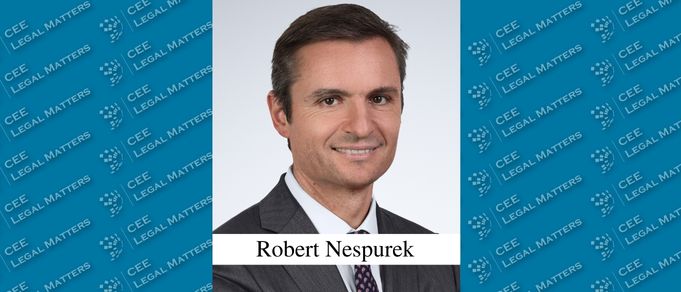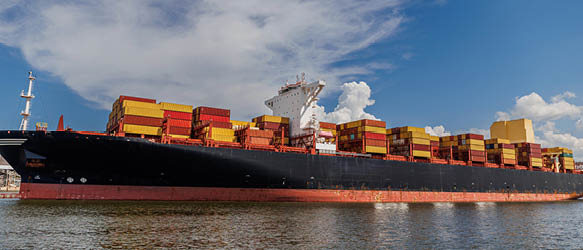Potential political switch-up, construction legislation changes, and economic ups and downs are the talk of the town in the Czech Republic, according to Havel & Partners Partner Robert Nespurek.
“The municipal and senate elections, slotted for late September, are likely to shake up the local political landscape,” Nespurek begins. “We also have the presidential elections in January 2023, so, from a political perspective, the scenery might change somewhat,” he says. Last year, following a general election, “the Czech Republic saw the rise of a new, center-right government, made up of a five-party coalition,” he adds.
On legislation, Nespurek reports a few updates of note. “The new construction legislation, which passed all approval stages and was set to enter into force in 2023, has been postponed by the government,” he says. For the housing sector, he stresses that “construction is delayed on account of permits being tough to obtain as well as the diminishing supply of materials and rising prices – the new legislation was meant to address some of these issues, but the delay means the problems are likely to persist.”
Nespurek then says that the legislative landscape has been changing to take into account “over 300,000 refugees coming in from Ukraine. Catering for their needs, making sure they receive access to work, healthcare, and education systems – as well as relaying material and military aid to Ukraine – was a legislative priority,” he says. Finally, he indicates that the “parliament is expected to pass legislation implementing the whistleblowing directive framework of the European Union. The legislation should take effect in the middle of 2023 and is set to affect the compliance work of lawyers,” he explains.
As for the economy, Nespurek points out the “National Bank has been raising interest rates, which has, in turn, affected businesses and finance, leading to rising financing costs as well as costs of mortgages and loans.” The rising energy prices, only exacerbated by the war and rising price of gas, have been affecting the country as well. “The country is heavily dependent on Russian-sourced gas,” he says, “so the current crisis spurs questions of what will happen by winter and how the government would tackle the problem.”
With the Czech National Bank changing leadership recently, Nespurek shares that “it remains to be seen if the interest rates would rise further. The new head, Ales Michl, has expressed that no further increases are likely, on account of prediction models showing that inflation should decrease over the next couple of years.” Nespurek feels, however, that it is difficult to predict if this “wait and watch” approach will bear fruit. “We would have to look at the numbers of this year's third quarter, once available, and analyze these thoroughly before making any calls,” he explains. Still, the economy overall is “performing strongly,” and he emphasizes that this is a good indicator for the immediate future.
On that point, Nespurek highlights the issues in the automotive industry. “Unfortunately, we’ve seen a decrease of the production capabilities of the automotive sector – Ukraine was an important supplier of parts, so the war hit this sector hard,” he explains. This came at a particularly inopportune time, as the market is also faced with “the transition to electric and other alternative energy source engines. Now, with additional stress, the industry will have to run the gauntlet.”
Not to end on a grim note, Nespurek does point out that the TMT and IT sector has been thriving. “Following Rohlik – a food e-commerce and delivery company – becoming a unicorn, the entire sector has been experiencing growth and has continued to attract a strong flow of venture capital funding,” he concludes.

















